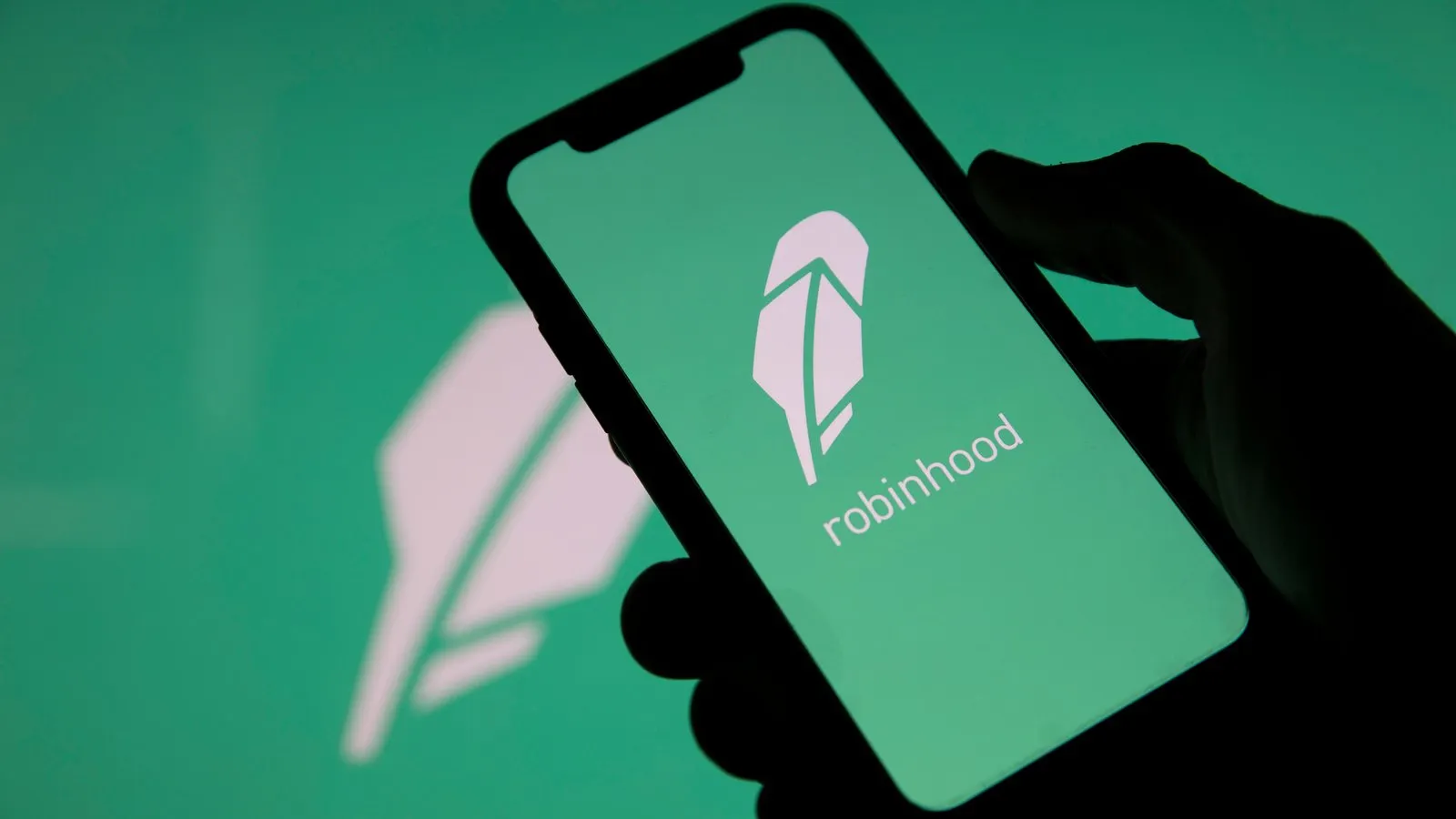Robinhood’s crypto arm has agreed to pay $3.9 million after being accused of preventing customers from withdrawing digital assets from their accounts over a four-year period.
On Wednesday, the California Department of Justice said it marked the first public action by the regulator against a crypto firm as it continues to exercise its authority under the banner of “protecting consumers.”
Findings from the California Department of Justice's investigation revealed Robinhood Crypto LLC allowed users—between 2018 and 2022—to purchase crypto as commodities with the aim of short-term gains without delivering the actual assets.
Robinhood’s action was deemed a violation of California's Commodity Code. At the time, customers could not withdraw their crypto, leaving them no choice but to sell it back to Robinhood in order to exit the platform, the department said.
Alongside the financial penalty, the settlement includes several conduct requirements. As per the settlement agreement, Robinhood must allow customers to withdraw crypto to their wallets and improve trading and order handling transparency.
The DOJ's investigation also revealed Robinhood misled its users by falsely advertising that it would connect to multiple trading venues to ensure competitive prices.
Robinhood did not always provide access to the best prices as promised, the department said, which added that the exchange also misrepresented its duties as a crypto custodian by assuring customers that it held all assets purchased on its platform when it in fact did not.
Some assets were instead stored with third-party venues for extended periods without disclosure rather than what was being advertised at the time.
In addition to its settlement requirements and changes to the way it handles users’ crypto, the platform must also now disclose any delayed settlements exceeding one week.
It follows another legal action in Washington in July, where Robinhood Financial LLC agreed to pay $9 million to resolve allegations that its “refer-a-friend” program sent unwanted text messages, violating consumer protection laws.
Robinhood did not immediately return a request for comment.
Edited by Sebastian Sinclair





